La Tragédie du Roi Christophe
Genres
History
OverView
Others
Budget
$--
Revenue
$--
Status
Released
Original Language
French
Runtime
0 mins
Rating
10/10
Release Date
01 January 1965
Country

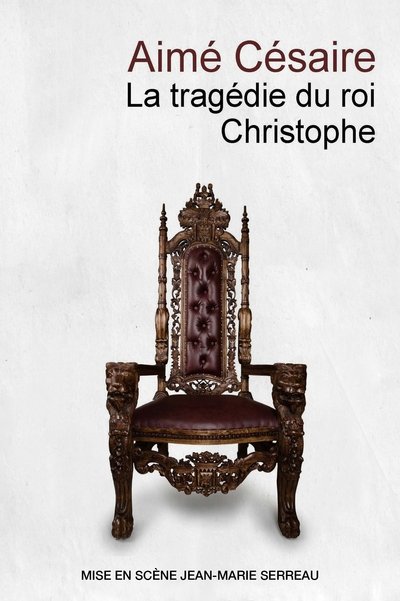
History
Budget
$--
Revenue
$--
Status
Released
Original Language
French
Runtime
0 mins
Rating
10/10
Release Date
01 January 1965
Country

Le Roi Christophe

Hugonin

Vastey

Pétion-Chanlatte
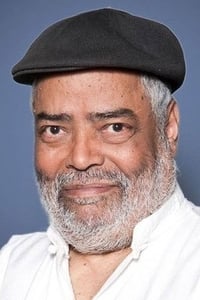
Magny

Coq-Paysan Vieillard

Metellus-Guerrier
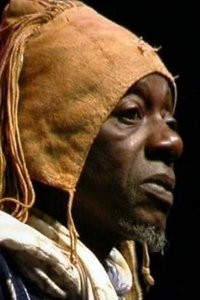
L'enfant de choeur - Congo
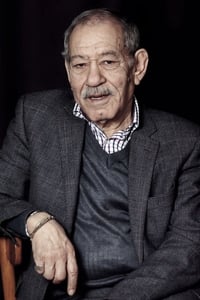
Juan de Dios-Martial Besse

Le maître de cérémonies-Franco de Médina

Corneille Brelle-Stewart
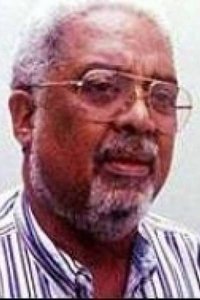
Paysan

L'orpheline

La chevalière

Dame-Marchande